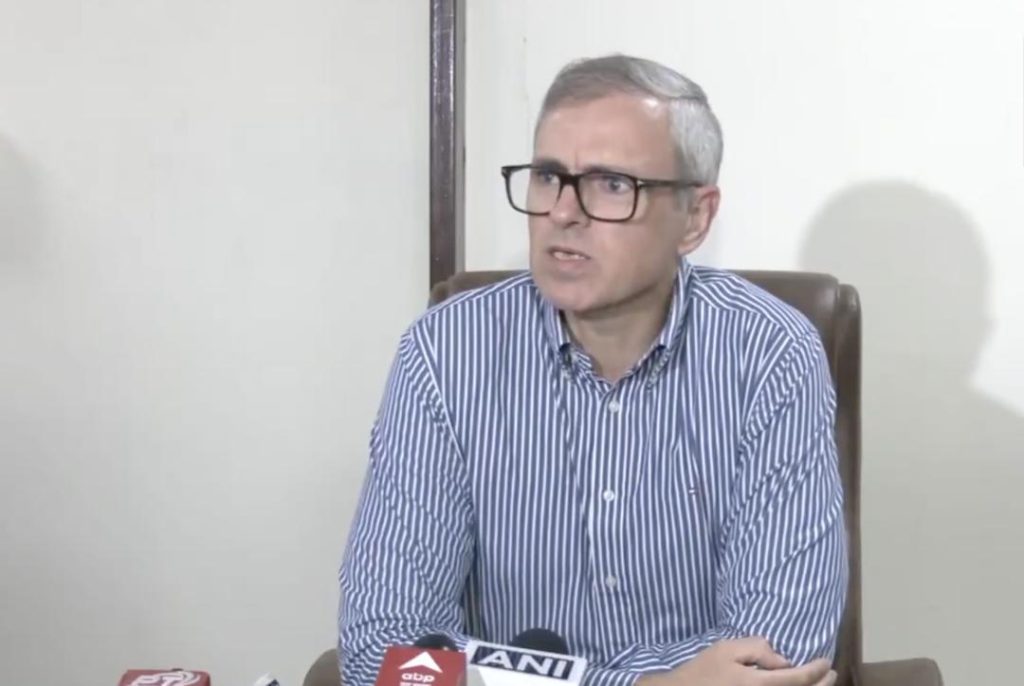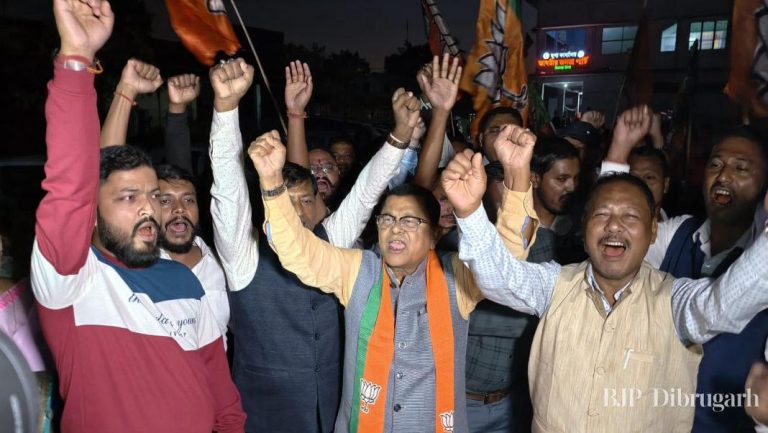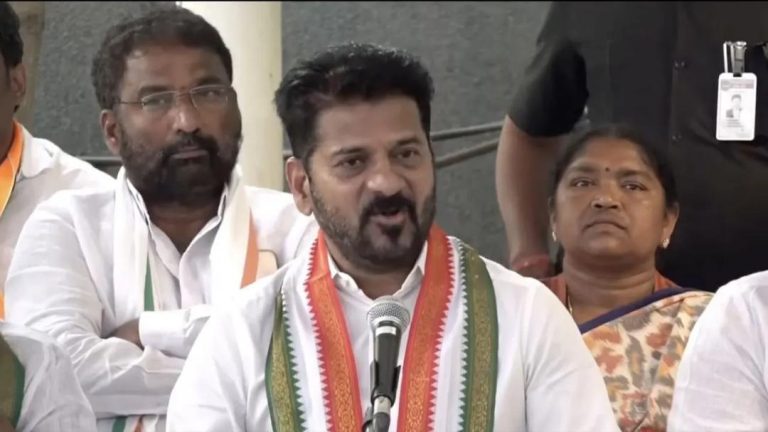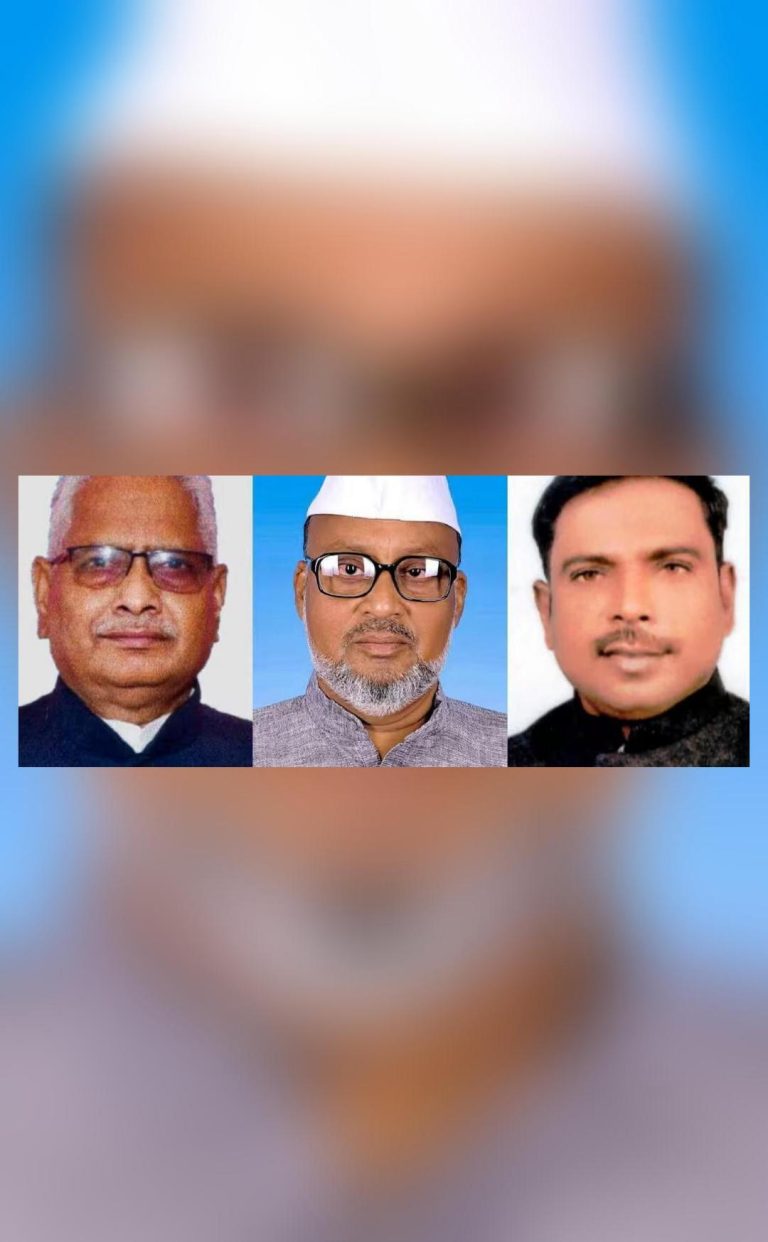
Why should I send water to Punjab?: J&K CM on canal proposal
The long-standing issue of water sharing between states in India has once again taken center stage with the proposal to build a 113 km-long canal to redirect surplus water from three western rivers of the Indus system in Jammu and Kashmir to Punjab, Haryana, and Rajasthan. The proposal has sparked a heated debate, with Jammu and Kashmir Chief Minister Omar Abdullah voicing his strong opposition to the idea.
In a recent statement, Abdullah questioned the rationale behind diverting water from his state to other regions, asking, “Why should I send water to Punjab?” He pointed out that Punjab already receives water under the Indus Waters Treaty, a bilateral agreement between India and Pakistan signed in 1960. The treaty allocates the waters of the Indus Basin among the three riparian countries – India, Pakistan, and Bangladesh.
Abdullah’s remarks come as a response to the proposal to build the canal, which aims to divert surplus water from the western rivers – Ravi, Beas, and Sutlej – to meet the growing water demands of Punjab, Haryana, and Rajasthan. The canal, which is expected to cost around Rs 20,000 crore, is seen as a vital project to address the water scarcity issues faced by these states.
However, Abdullah’s stance is not entirely surprising. Jammu and Kashmir has historically been at the receiving end of the Indus Waters Treaty, with Pakistan receiving the majority of the water allocated under the treaty. The state has long been struggling with water scarcity, particularly in the Kashmir Valley, where the water table is depleting rapidly.
Abdullah’s question – “Did they give us water when we needed it?” – is a poignant reminder of the historical context of the Indus Waters Treaty. Under the treaty, Pakistan was allocated the majority of the water from the Indus Basin, while India received a smaller share. This has led to concerns in Jammu and Kashmir that the state is being unfairly treated in terms of water allocation.
The proposed canal has also raised concerns about the environmental impact of diverting water from one region to another. Environmentalists have warned that the canal could lead to the degradation of the ecosystem in Jammu and Kashmir, particularly the wetlands and forests along the Ravi and Beas rivers.
Moreover, the canal proposal has been met with opposition from other stakeholders, including the farmers of Jammu and Kashmir. They argue that the canal will divert water from the fertile agricultural lands of the state, leading to a decline in agricultural productivity and livelihoods.
The controversy surrounding the canal proposal highlights the complexities of water sharing in India. With the country’s population projected to reach 1.7 billion by 2050, the demand for water is expected to increase significantly. However, the availability of water is limited, and the sharing of water resources between states is a sensitive issue.
In recent years, there have been several instances of water disputes between states, particularly in the southern region of India. The dispute over the Cauvery River, which flows through the states of Karnataka and Tamil Nadu, is a classic example of the tensions that can arise when water sharing is not managed effectively.
In the context of the proposed canal, Abdullah’s question – “Why should I send water to Punjab?” – is a timely reminder of the need to reassess the Indus Waters Treaty and the water sharing arrangements between states. The treaty, which was signed over five decades ago, may not be suitable for the current water needs of the country.
In conclusion, the proposal to build a 113 km-long canal to redirect surplus water from Jammu and Kashmir to Punjab, Haryana, and Rajasthan has sparked a heated debate. While the canal may be seen as a solution to address the water scarcity issues faced by these states, it has also raised concerns about the environmental impact and the fairness of water allocation. The controversy highlights the need for a comprehensive review of the Indus Waters Treaty and the water sharing arrangements between states in India.






